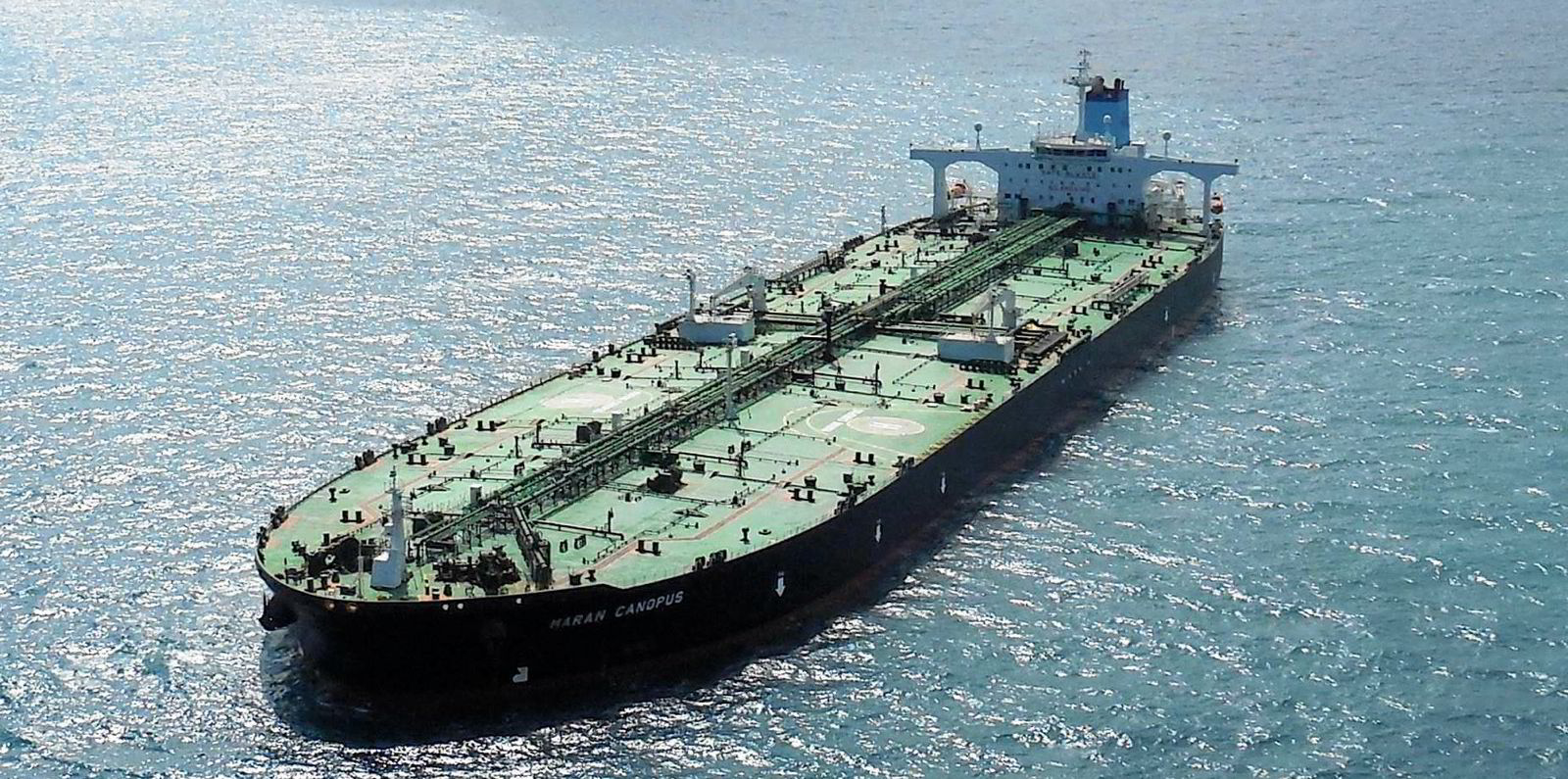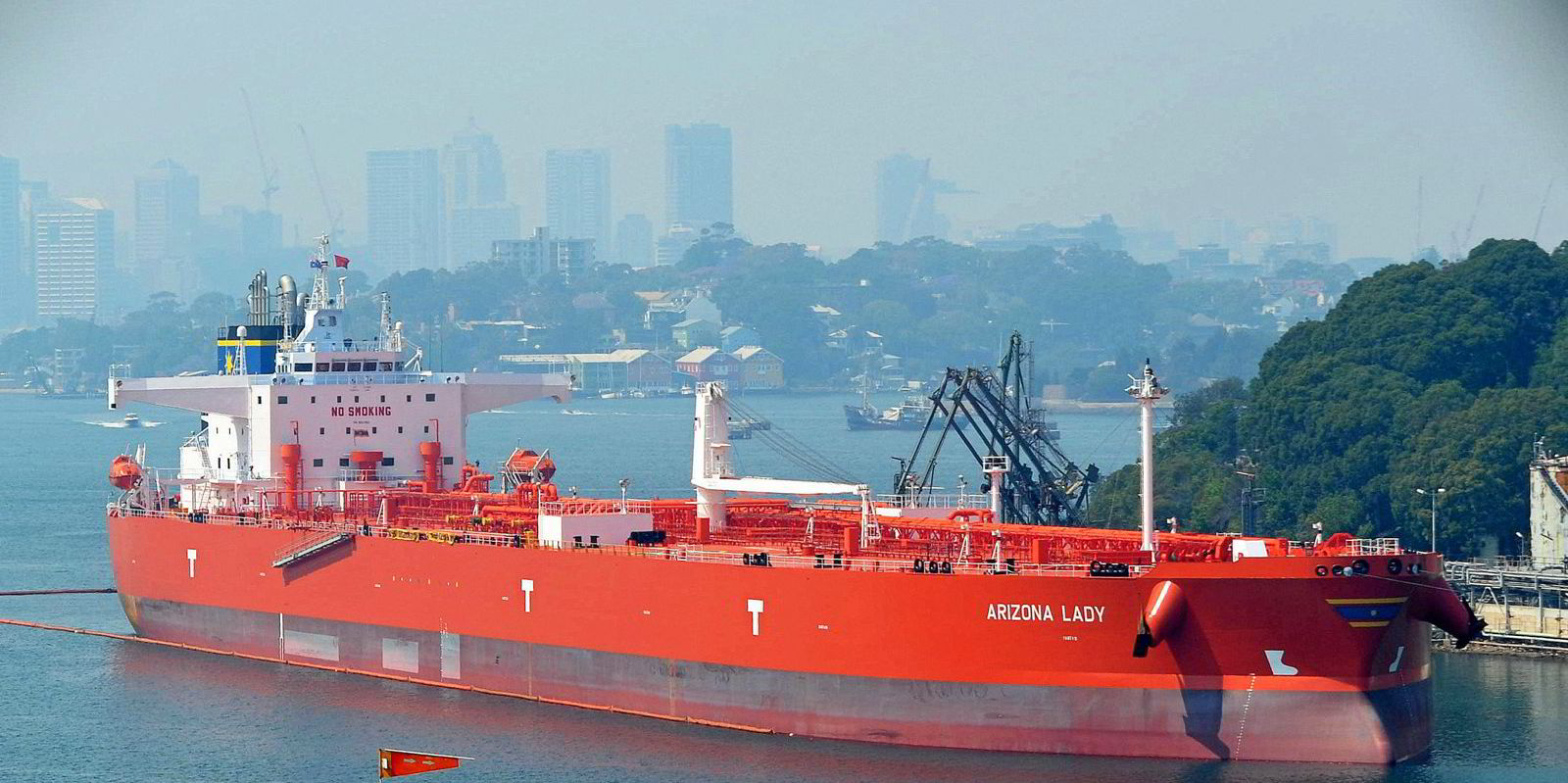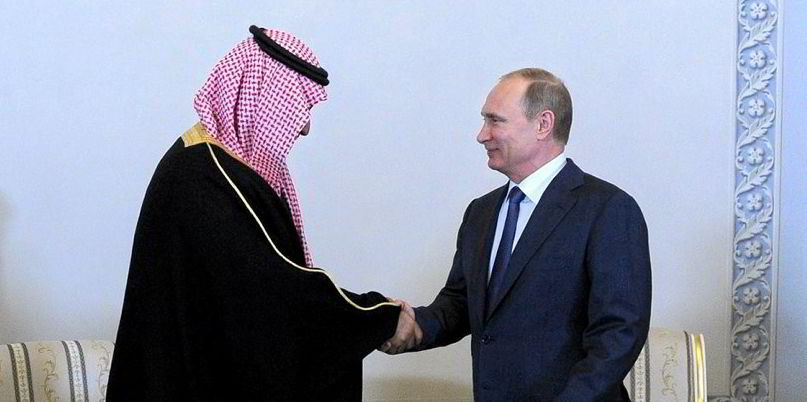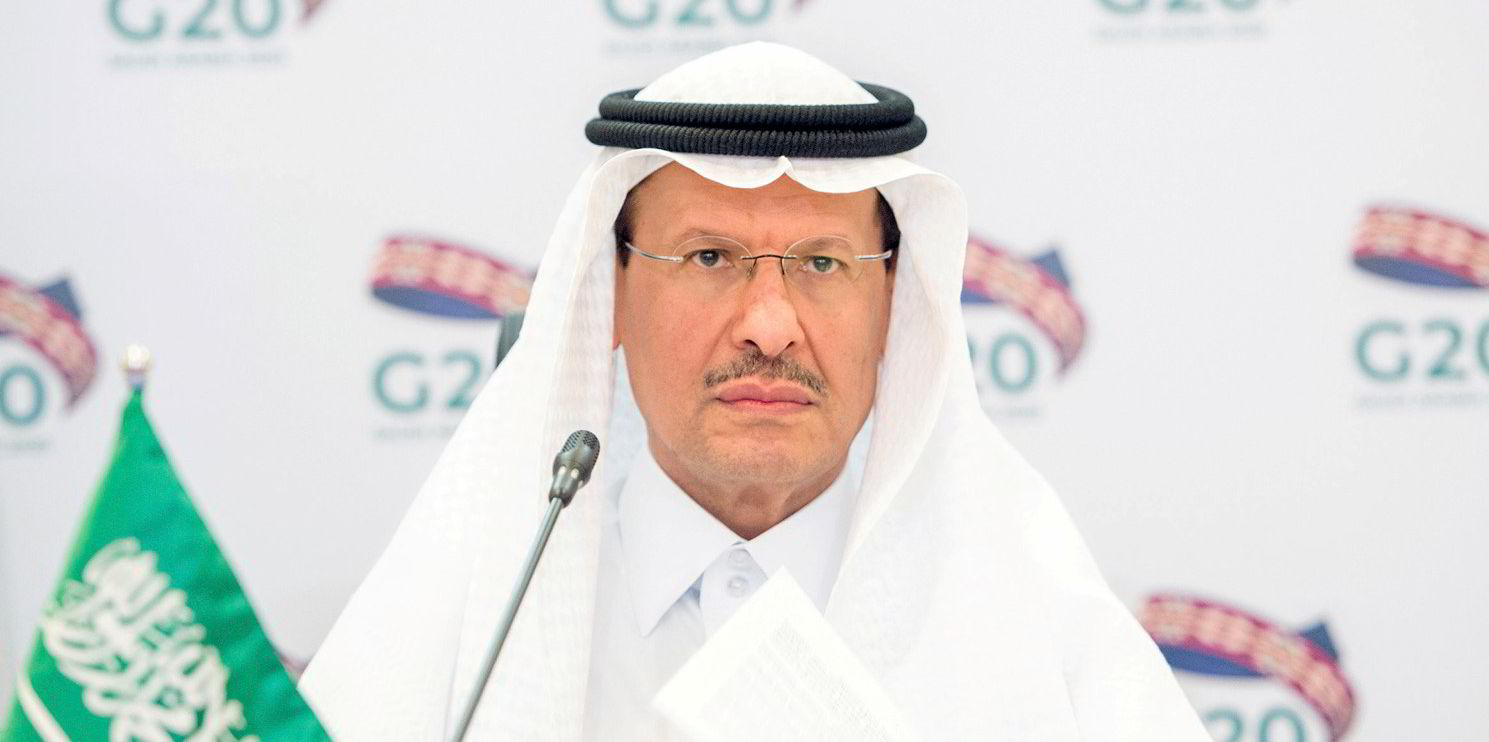Tanker owners are getting a shot in the arm after Opec+ surprisingly agreed to raise crude output by more than 2m barrels per day (bpd) between May and July.
During Thursday’s ministerial meeting, Opec and its Russia-led alliance reportedly decided to hike their combined production ceiling by 350,000 bpd next month, 350,000 bpd in June and 441,000 bpd in July.
Separately, Saudi Arabia will unwind its voluntary output by 250,000 bpd in May, 350,000 bpd in June and 400,000 bpd in the following month.
The major producers had disappointed tanker owners earlier this year by agreeing to lower-than-expected production quotas, undercutting vessel demand in the Middle East in particular.
But market sources said the latest Opec+ deal would inject optimism into tanker trades this time around.
“This will be a positive surprise…It would be good for the market,” a source said. “The market is very low and it doesn’t need a lot to get excited.”
Despite a temporary boost from the six-day blockage of the Suez Canal last month, crude tanker earnings have struggled to stay above break-even levels due to tonnage oversupply in recent months.
The Baltic Exchange assessed average spot aframax earnings at a one-month low of $9,991 per day on Thursday, compared with $14,385 on 25 March. Suezmax earnings collapsed to $9,275 per day from $16,982.
Spot VLCC earnings on the benchmark Middle East Gulf-China route dropped to $856 per day from $1,371.
“The deal will probably help bigger ships,” the source said. “Total production increases amount to 600,000 bpd in May, and those will mainly come from the Middle East. That could bump up daily VLCC earnings by $5,000 to $10,000.”
A second source said: “I think sentiment will improve now…When lying in the gutter, the only view is the stars.”
Oil and shipping analysts had widely expected Opec+ to maintain their production quotas in May amid renewed oil demand weakness due to fresh lockdown measures in Europe.
But US energy secretary Jennifer Granholm suggested on Wednesday that Saudi Arabia should keep energy “affordable and reliable”.
Consultancy Rystad Energy’s oil markets analyst Louise Dickson said the final decision shows patience was exhausted among many Opec+ producers that are worried about the loss of market share.
“Even though the group’s own experts warned about the lagging oil demand recovery and the market risks that the extended lockdowns are bringing, decision-makers have another vision," Dickson added.
“Market politics and financials prevail in such meetings and theory is not always met with what would be considered a reasonable action to address the current market risk.”







